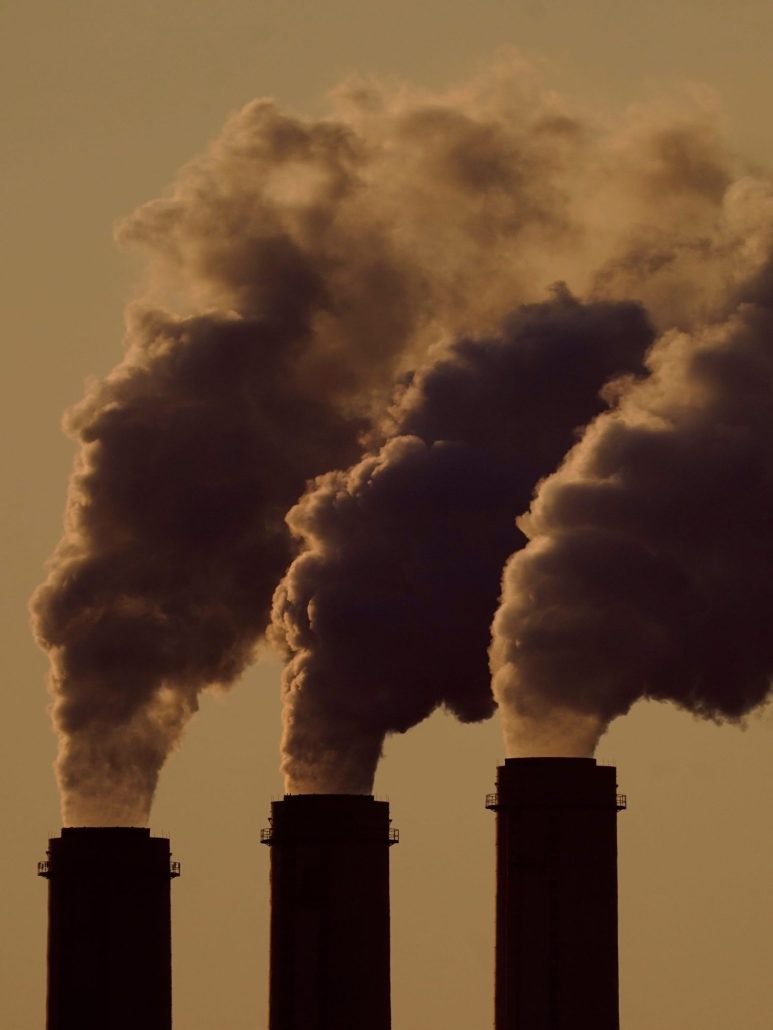

By Daniel Igboekwe
Climate activists in Nigeria are joining forces with counterparts in 49 other countries to demand urgent action on fossil fuel phase-out, as part of a global effort to address climate change. With more than 150 events planned worldwide, the movement is calling on governments to initiate a fast, fair, and well-funded transition away from fossil fuels to prevent further climate disasters.
Nigeria and Kenya are leading the charge in Africa, each hosting over 10 events. Across the continent, more than 70 actions are set to take place in 20 countries, ranging from rallies to theatrical performances aimed at raising awareness and pressuring governments to act.
This mobilization comes on the heels of recent talks between Nigeria and the United States on climate change and green financing. In April, Nigeria’s former Special Presidential Envoy on Climate Action, Ajuri Ngelale, emphasized the need for large-scale climate financing to drive Nigeria’s green industrial agenda. However, activists have raised concerns that many climate financing discussions are framed as “handouts” from wealthy nations and corporations that have contributed significantly to climate damage.
Ogunlade Olamide, Senior Program Manager at Corporate Accountability and Public Participation Africa (CAPPA), criticized this approach, stating: “It is worrying that climate finance is being reduced to charity and business by entities responsible for the crises when coping capacities of impacted frontline communities are almost exhausted. We demand that this parasitic system must stop. It’s people over profit, not the opposite.”
The rallies mark the beginning of a global week of action leading up to Climate Week NYC (September 22-29), coinciding with the UN General Assembly and the first UN Summit of the Future, where world leaders will negotiate a Pact for the Future. The latest drafts of this pact include a commitment to transition away from fossil fuels, though this pledge has been inconsistently present in earlier versions.
In Asia, over 70 coordinated demonstrations are set to occur across 62 cities in countries like the Philippines, Indonesia, Thailand, Japan, Nepal, Bangladesh, Pakistan, Sri Lanka, and India. Many protests are targeting coal-fired power plants, opposing the alarming expansion of new coal projects in the region. Activists stress that to comply with the 2015 Paris Agreement’s goal of keeping global temperature rise below 1.5 degrees Celsius, a rapid transition away from oil, gas, and coal is essential.
However, many Global North countries continue to expand fossil fuel use, provide substantial subsidies, and support fossil fuel projects in the Global South through both public and private investments. Lidy Nacpil, of the Asian Peoples Movement on Debt and Development and the Global Campaign to Demand Climate Justice, criticized this hypocrisy, saying: “The climate crisis is escalating rapidly, yet global coal use and capacity is at an all-time high. Global North nations are bankrolling coal expansion in Asia, despite their leaders’ COP28 commitment to accelerate the transition from fossil fuels. We are calling on Asian governments to stop the expansion of coal in our countries and implement a rapid, equitable, and just phase-out of existing coal. We demand a stop to direct and indirect public and private financing of coal. New electricity demand can be met with renewable energy, which is less costly, quicker to build, easier to make accessible to all communities, and reduces reliance on imported fuels.”
Tasneem Essop, Executive Director of Climate Action Network International, echoed these sentiments, stating: “We demand action, not empty words. Rich nations call for a transition away from fossil fuels but do little to reduce their emissions, and instead, we are seeing their continued oil, gas, and coal expansion. This double standard perpetuates the colonial legacy and disproportionately devastates communities in the Global South. Africa, Asia, and Latin America & the Caribbean are paying the price with lost lives, destroyed infrastructure, and ruined livelihoods. Rich nations must lead and end the expansion of fossil fuels.”
The call to action is clear: a global, equitable transition away from fossil fuels is crucial, and it must be led by those most responsible for the crisis. As the world braces for further climate discussions, activists remain steadfast in their demand for urgent and meaningful change.




Leave a Reply
View Comments